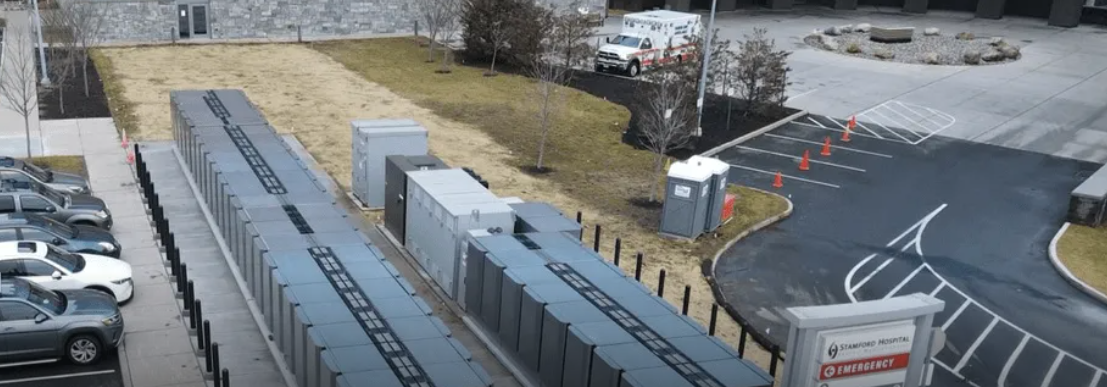 SK Ecoplant has developed a world-first cooling and heating system that utilizes the unique characteristics of solid oxide fuel cells (SOFCs) that operate at high temperatures.
SK Ecoplant has developed a world-first cooling and heating system that utilizes the unique characteristics of solid oxide fuel cells (SOFCs) that operate at high temperatures.The system, which was developed in collaboration with Samjung Tech, uses the exhaust heat from SOFCs to produce chilled water and hot water for cooling and heating buildings. This is a significant breakthrough, as it allows SOFCs to be used for more than just electricity generation, and helps to reduce the overall cost and environmental impact of the technology.
SOFCs are a type of fuel cell that operates at high temperatures (600-800°C). This allows them to generate electricity from a variety of fuels, including hydrogen, natural gas, and biogas. SOFCs are also very efficient, with conversion rates of up to 70%.
However, one of the challenges of SOFCs is that they produce a lot of waste heat. This heat is typically dissipated into the atmosphere, which reduces the overall efficiency of the system.
The new system developed by SK Ecoplant uses this waste heat to produce chilled water and hot water for cooling and heating buildings. This is done through a process called absorption cooling and heating.
Absorption cooling and heating systems use the evaporation and absorption temperature of water to produce cooling and heating. Water normally boils at 100°C, but an absorption system creates a pressure that is close to a vacuum, allowing water to boil at a much lower temperature.
In the case of the SK Ecoplant system, the exhaust heat from the SOFCs is used to boil water at a temperature of around 5°C. The steam is then compressed and used to cool the surrounding area.
In the case of heating, the exhaust heat from the SOFCs is used to produce hot water. The hot water can then be used to heat buildings directly or to generate steam for other industrial purposes.
The SK Ecoplant system is expected to be significantly more efficient than conventional cooling and heating systems. It is also expected to reduce greenhouse gas emissions, as it reduces the need for fossil fuels.
SK Ecoplant plans to apply the system to a 19.8MW fuel cell power plant to be installed in the second half of this year. Construction of the plant is scheduled to begin in September this year, with installation and commissioning scheduled for early next year.
If the system is successful, SK Ecoplant plans to apply it to all fuel cell power plants with an installed capacity of 15 MW or more in the future. This could have a major impact on the global energy market, as it would make SOFCs a more attractive option for a wider range of applications.